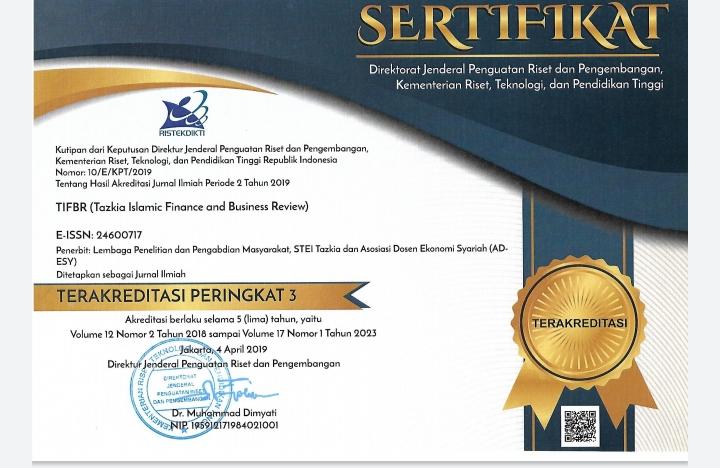Productive Waqf Development Model: A Comparative Study between Indonesia and Malaysia
Abstract
The development of the productive waqf model has become a topic of conversation for Muslim countries, especially Indonesia and Malaysia. This is because waqf is one of the Islamic social financial instruments that can move the economic sector of society. This research will examine the productive waqf development model between Indonesia and Malaysia and to see how the opportunities and challenges are being faced. The method used is qualitative, in which researchers conducted interviews with waqf academics and practitioners in both Indonesia and Malaysia. In addition to describing the opportunities and challenges researchers use SWOT analysis. The results of the study show that Indonesia and Malaysia have strengths and weaknesses in terms of productive waqf management. Furthermore, collaboration and initiative are needed as well as experience to overcome various existing problems. Efforts to increase awareness, transparency, and partnerships can promote sustainable waqf.
Keywords: Productive Waqf Model, SWOT, Indonesia, Malaysia















